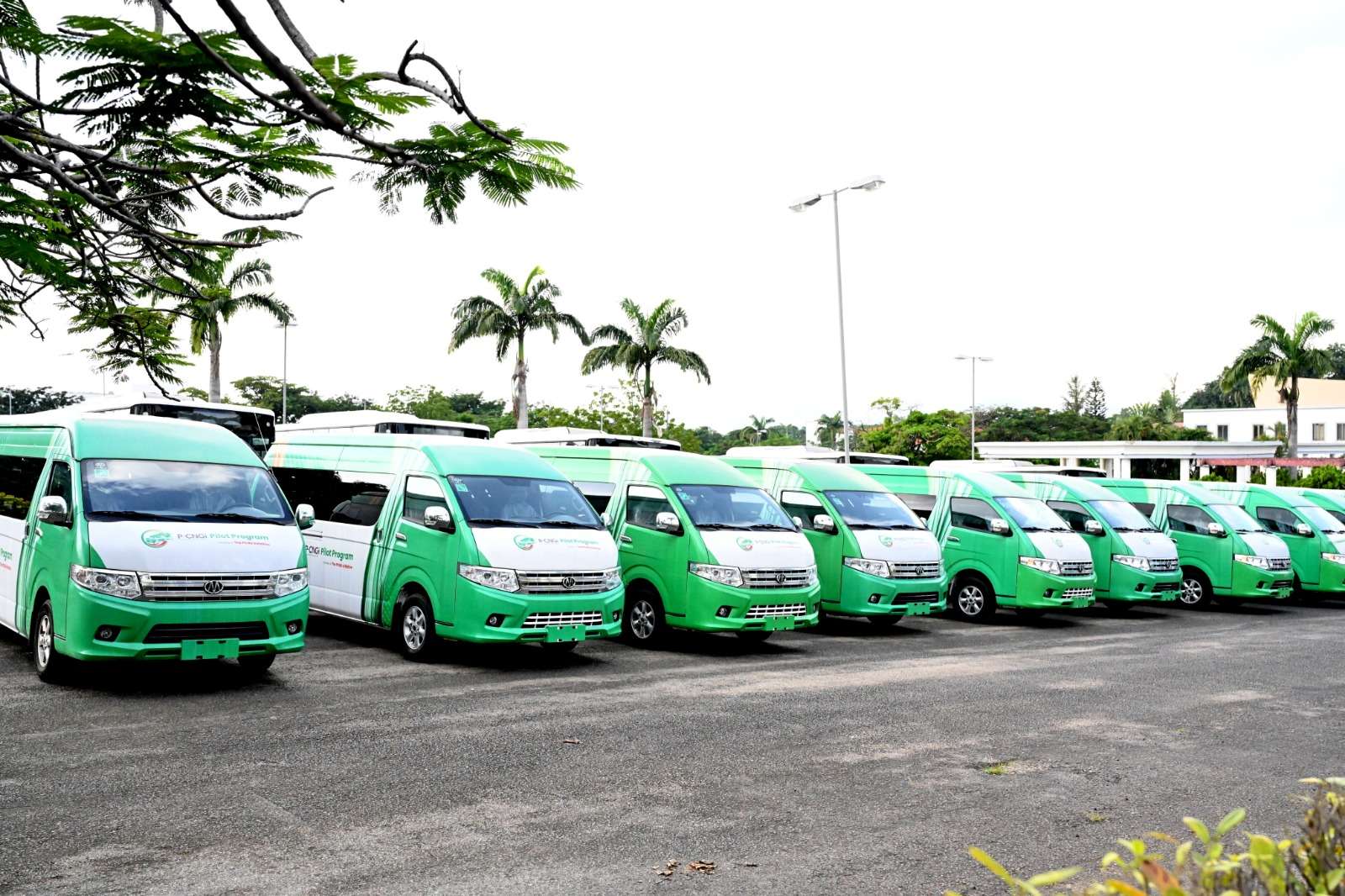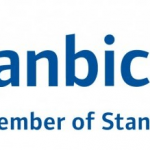Nigeria allocates N122bn to boost CNG adoption in transportation

BY TEMITOPE ADEBAYO
Nigeria has committed N122 billion to expand the use of Compressed Natural Gas (CNG) in its transportation sector, aiming to mitigate soaring diesel costs and reduce dependence on imported fuels. The initiative, spearheaded by the National Automotive Design and Development Council (NADDC), seeks to establish a robust nationwide CNG infrastructure, providing businesses and consumers with a cleaner, cost-effective fuel alternative.
The Director-General of NADDC, Mr Joseph Osanipin, disclosed this during the council’s 2024 year-end briefing in Abuja. He highlighted the severe financial strain businesses face due to the fourfold increase in diesel prices over the past two years, particularly in the logistics and transportation sectors.
“The infrastructure we currently have cannot fully meet the growing demand for CNG,” Osanipin said. “However, with this investment, the federal government is committed to bridging that gap, building a network that will significantly reduce fuel costs for vehicles, benefiting businesses and consumers alike.”
The N122 billion funding, released on 30 September 2024, is being channelled into infrastructure projects across Nigeria’s geopolitical zones. These efforts are expected to accelerate the construction of CNG stations and other critical facilities. Companies like NIPCO, which have been in the gas business for years, are leading the charge, while others are following suit to capitalise on this transformative opportunity.
READ ALSO: Using Social Media to Showcase Your Talent Worldwide
Osanipin illustrated the economic advantage of CNG, stating that a trip costing N550,000 with diesel could be completed for just N90,000 using CNG—a remarkable 83 per cent savings. Such reductions, he added, could lower product prices and ease financial pressures on consumers.
Beyond cost savings, the DG emphasised the environmental and economic benefits of CNG adoption, including a reduction in carbon emissions and billions of dollars saved annually in foreign exchange. “This investment will not only bolster economic resilience but also provide a cleaner, more sustainable energy source for Nigeria,” Osanipin noted.
He assured Nigerians that ongoing infrastructure projects would soon alleviate gas shortages and improve accessibility to CNG nationwide. “The challenges with gas supply will diminish as these projects are completed,” he said.
With more companies recognising CNG’s potential, partnerships are forming, and investments are growing to ensure the sector’s competitiveness. This initiative is set to reshape Nigeria’s transportation landscape, offering a sustainable path to reduced costs and enhanced energy security.










